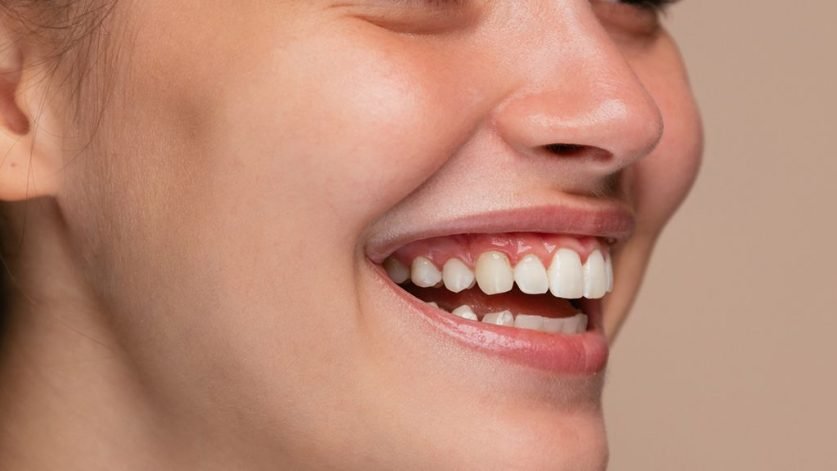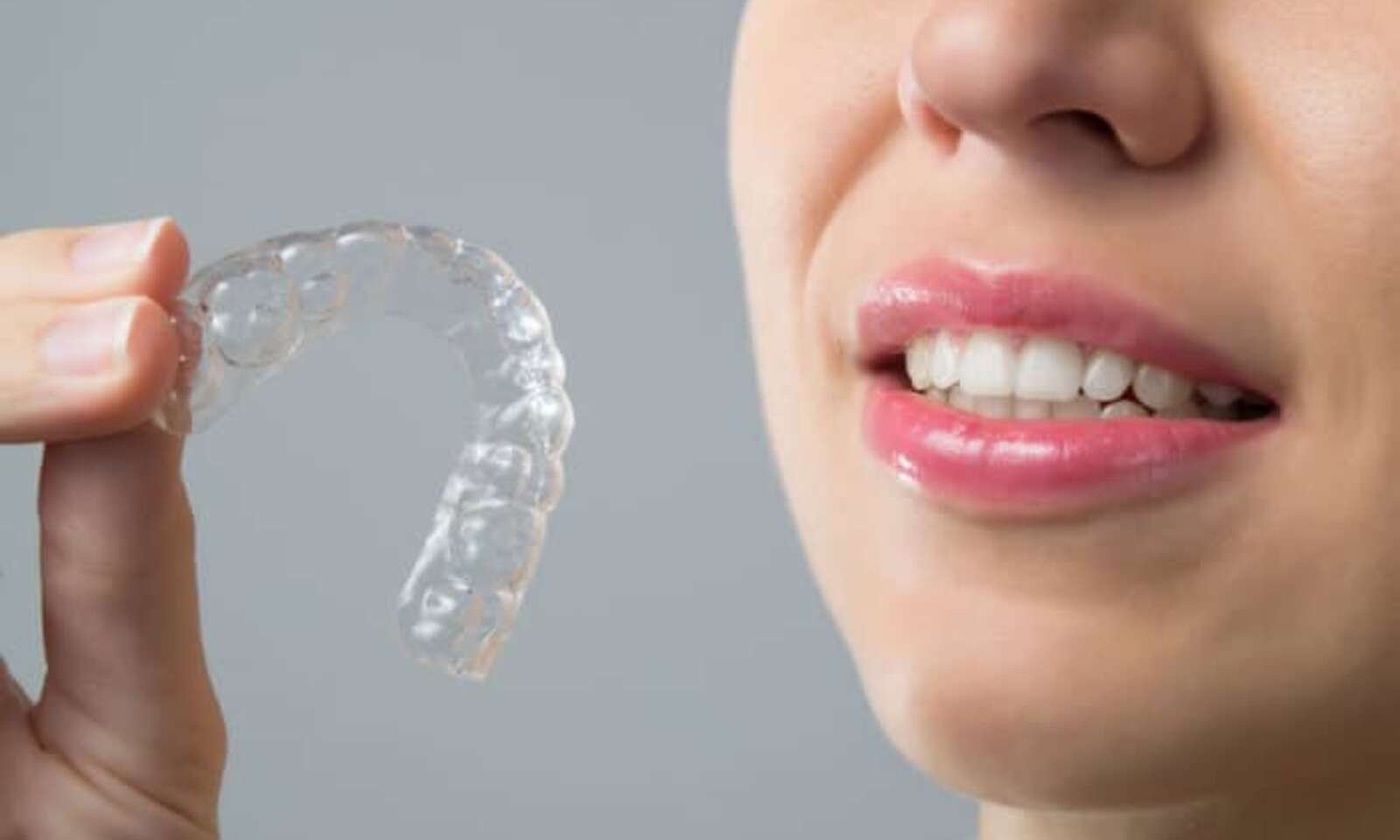On Whom Does Dental Bonding Work The Best?
According to adult orthodontics Houston, the ideal candidates for tooth bonding are teeth with minor damage and slight deterioration. You could prefer an implant over bonding if you lost a tooth or the tooth is severely damaged. Dental implants replace the tooth with an implant and a porcelain crown. Additionally, individuals who are already satisfied with their teeth’s color are the greatest candidates for dental bonding Houston tx.
Before asking your dentist midtown Houston about teeth bonding, you should whiten your teeth if you’ve always wanted to. If you subsequently whiten your teeth, the color of your natural enamel will lighten. Still, the color of the bond won’t alter, and your dentist will match the bond to the color of your natural teeth.
What goes into bonding the teeth?
Suppose a filling is also necessary, or the orthodontics near me wants to alter your tooth’s contour significantly. Therefore, teeth bonding is a quick procedure that doesn’t even require anesthesia. You might need anesthesia if the tooth chipped close to your nerve because the uncomfortable repair procedure could irritate the nerve. The initial step is selecting a composite resin hue most closely resembles your tooth.
Your dentist open Saturday Houston will consult a chart to be sure that their analysis is sound. The dental specialist will then prepare to fuse the composite resin to your natural tooth. They begin by putting a bonding agent on top of a rough surface, and the composite and liquid have an easier time sticking to the uneven surface. The composite resin is then applied to the damaged area, where your dentist molds it to fix the damage.
What are the advantages of dental bonding?
One of the most straightforward, most effective, and most affordable cosmetic dental procedures is gluing teeth. Bonding may typically be completed in one teeth bonding Houston office visit unless multiple teeth are involved, unlike veneers and crowns, which are custom tooth coverings that need development in a laboratory. Another advantage is the least amount of tooth enamel removed compared to veneers and crowns. Anesthesia is typically unnecessary for dental bonding unless done to fill a cavity.
What are the disadvantages of teeth bonding?
Bonded teeth are less stain-resistant than crowns. Compared to crowns, veneers, or fillings, bonding materials are neither as durable nor as robust. Bonding materials can also fracture and chip away from the tooth. Some dentists believe dental bonding is best suited for mild cosmetic modifications, temporary treatment of cosmetic issues, and fixing teeth in regions of shallow biting pressure because of some of the restrictions of the procedure. Discuss with your dentist which cosmetic procedure is ideal for you.
Dental bonding has some drawbacks. Thus, some dentists believe these drawbacks suit it best for minor cosmetic adjustments, quick fixes for cosmetic issues, and repairing teeth in places with very little bite pressure. You should discuss the optimal decorative strategy for you with your dentist.
Conclusion
We hope the above-given information will help you learn some beneficial and valuable information regarding dental bonding. For further informative details, please visit urbndental.com.










